Basil
Basil or its scientific name, Ocimum basilicum, was originally found in the country of Iran, India or other tropical atmosphere in Asia more than 5,000 years ago. Basil comes with varieties of types where each and every one of them has their own unique smell, flavor and health benefits. Basil is a plant which is similar to the peppermint plant because they are from the same species that have tender leaves, minty green and also able to grow as tall as 30cm and up to 130cm. Its highly fragrant smell makes it a best ingredient to be use in pesto (a green Italian oil-and-herb sauce) by mixing them with parmesan, pine nuts and olive oil. This low-growing herb is significantly link with Italian cuisine, and also popular ingredient used in Southeast Asian cuisines namely in Taiwan, Thailand, Vietnam, Cambodia, and Laos.
Normally, dried basil leaves were used at the last moment in certain cuisines because cooking the leaves early will immediately destroys its flavor. The basil leaves can be stored in a plastic bag inside your refrigerator if you want to keep it for a short time, but if you want it to last longer, keep it in a freezer after you have blanched it quickly in boiling water. If the herb is too dried, it will lose most of its flavor and produce a different taste than a fresh herb. Basil also can be used along with fresh fruit, fruit jams and sauces like strawberries, raspberries or dark-colored plums especially the flat-leaf basil which normally can be found in Vietnamese cuisines. Apart from that, certain type of basil when it is soaked in water will become gelatinous and in Southeast Asia it is being used as a popular thirst cruncher for example falooda, Sherbet or selasih (used in Malaysia/Indonesian). Other than that, basil is also used for medicinal purposes like the one used in Ayurveda which is a traditional medicinal of India and also Siddha medicine (Tamil traditional medicinal).
Although basil is best grown outdoors, in a greenhouse or row cover within an environment that has strong sunlight and dry condition, it can also be grown indoors by using a pot especially when you place it on an equator-facing windowsill. It is sensitive to cold weather or extremely cold draft. To prevent the declining of essential oil production, you have to pinch-off the basil’s flower stems before they starts to mature fully because only the blooming stem is the affected one and most important, some can be pinched for leaf production, while others are left to bloom for decoration or being use as seeds.
Basil also produce health benefits because according to scientific studies the basil essential oil has been proven to have strong antioxidant, anti-cancer, antiviral, and anti-microbial properties. Traditional Indian medicine uses it as supplementary treatment for stress, asthma and diabetes, while the Siddha medicine uses it for treating pimples but a large usage of the herbs can be harmful to human especially to the brain.
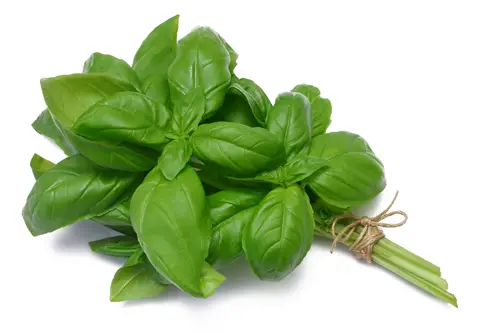
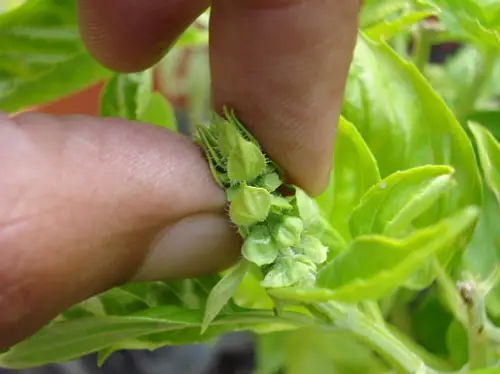
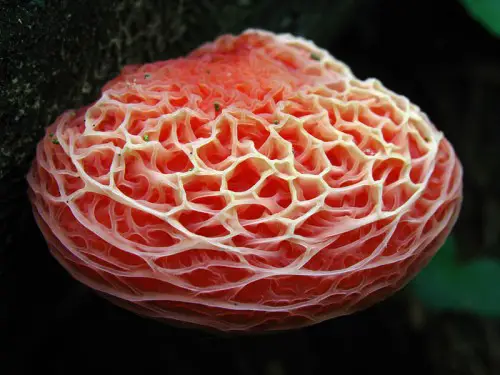
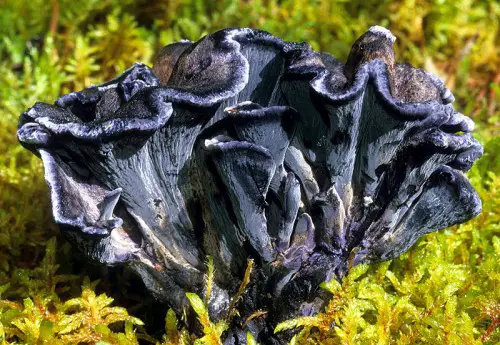
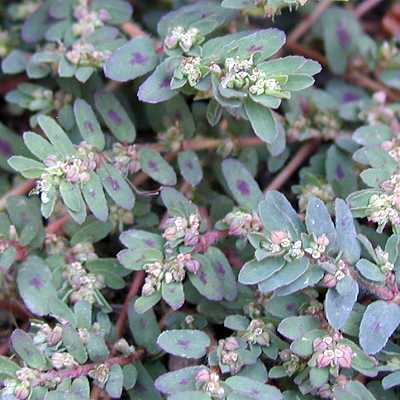
Basil is also used as tonic and cold remedy